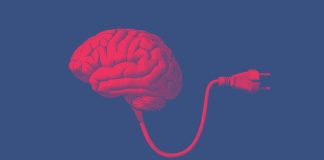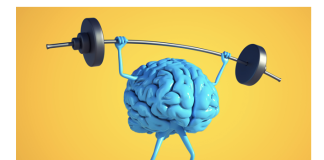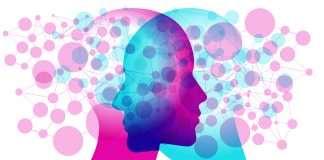Tag: science
The Future of Learning
Artificial intelligence (AI) is creating exciting new opportunities...
Our native language affects brain wiring
Scientists in Leipzig, Germany have found evidence that...
Genes and Languages Don’t Always Sync
An interdisciplinary team from the University of Zurich and the Max Planck Institute for Evolutionary Anthropology in Leipzig (Germany) has been investigating if language...
Bilingual Brains More Agile
Bilingual speakers have more “plastic” brains than do people who speak only one language, according to two recent studies conducted by researchers at Israel’s...
Indiana Invests $111M in Science of Reading
Indiana’s literacy rate is on the decline. Just a decade ago, students taking the state’s third-grade reading exam, IREAD-3, passed at a rate of...
Gestures Can Help Vocabulary Learning
Language educators may find that incorporating gestures or other types of movements in their vocabulary lessons improves learning outcomes, according to a study recently...
Naked Mole Rats Communicate Complexly
Birds, dolphins, and bees are all well-known within the scientific community for their ability to communicate in ways that resemble human language in one...
Thinking Critically
Today it is more important than ever that students know how to think critically and display traits that provide evidence of strong thinkers. These...
Talking Faster, Saying the Same
According to
a new study (“Different languages, similar encoding efficiency: comparable
information rates across the human communicative niche”) published in Science
Advances, languages differ in complexity and...












